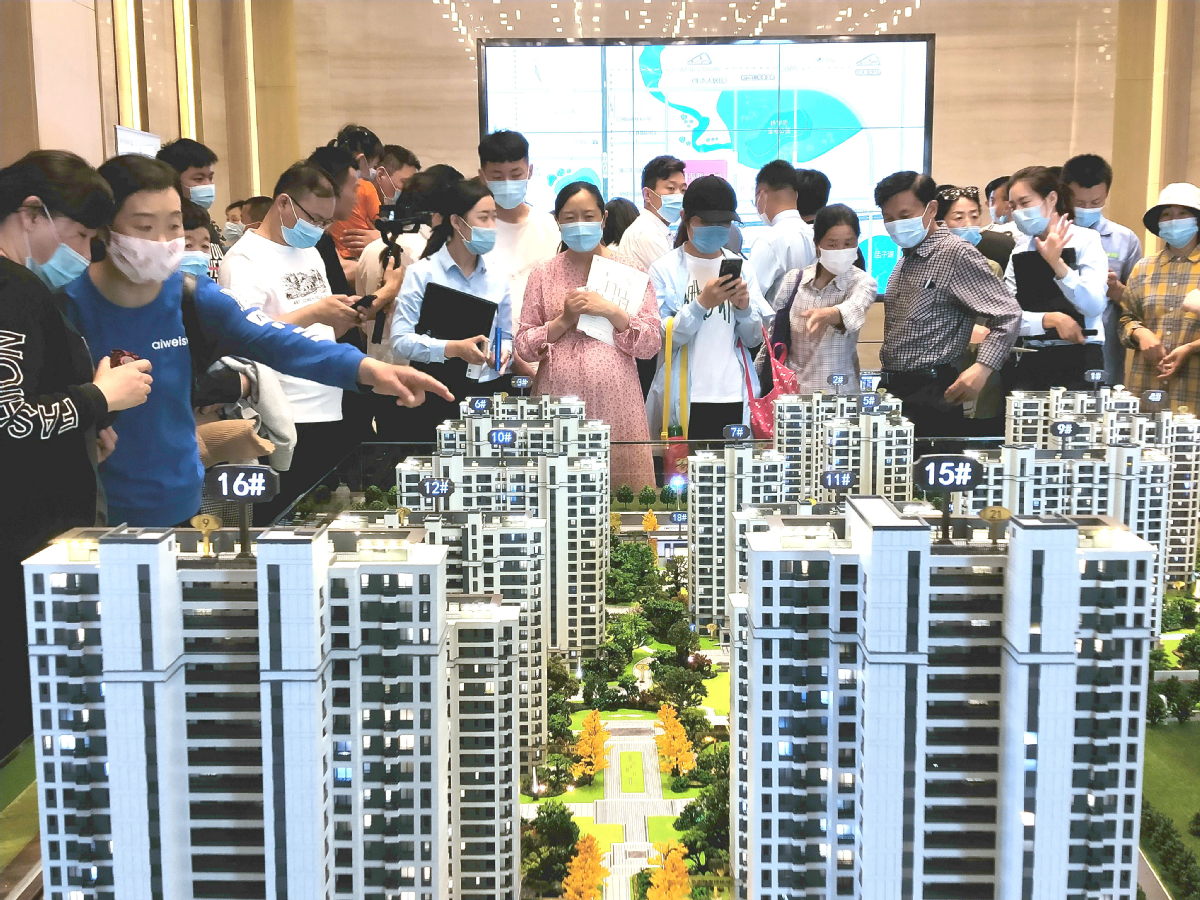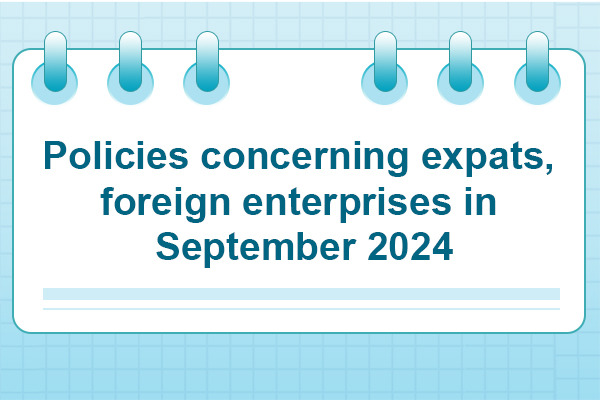Residential realty builds on incipient recovery


Rising sales of new and pre-owned homes help real estate to shrug off COVID-19 impact
Although hurt by the early stage of the COVID-19 outbreak, China's real estate industry led by the residential sector is recovering rapidly, especially in first-tier cities, official data showed.
The National Bureau of Statistics said home sales rose 9.7 percent year-on-year in May, reaching 147 million square meters nationwide.
In terms of home price changes, 57 out of the 70 major cities monitored by the NBS reported their new home prices rose. In April, 50 cities reported higher home prices. In the pre-owned home market, 41 cities registered home price rises in May, up from 37 in April.
New home prices in China's four first-tier cities rose 0.7 percent in May from April on average. Shanghai took the lead (0.8 percent), followed by Shenzhen (0.6 percent), Beijing (0.5 percent), and Guangzhou (0.3 percent), according to NBS data.
Compared to last year, four top-tier cities saw a 2.9-percent growth in their new home prices in May.
In the more representative pre-owned home market, prices in Beijing, Shanghai, Guangzhou and Shenzhen rose by 1.8 percent, 0.6 percent, 0.4 percent and 1.6 percent respectively in May, compared to April. The average pre-owned home price rise in May was 4.1 percent year-on-year.
Xu Xiaole, chief market analyst with the Beike Real Estate Research Institute, said price rises reflect recovery of the real estate market from the constrained demand of the previous months. Real-time transaction volume of existing homes in 18 key cities the institute monitors saw a 19-percent month-on-month growth in May.
The acceleration in price growth in some of the first-tier cities is the result of a pickup in demand as homeowners look to upgrade their primary residence and investors look for safe havens, said James Macdonald, head and senior director of Savills China research.
"There may also be some pent-up demand from the first quarter pushing up volumes and rising expectations that prices might increase in the short to mid term, especially if mortgage rates trend downward," said Macdonald.
In the pre-owned home market, recent price increases might be due to restrictions that still exist in the new home market in many cities, he said.




































